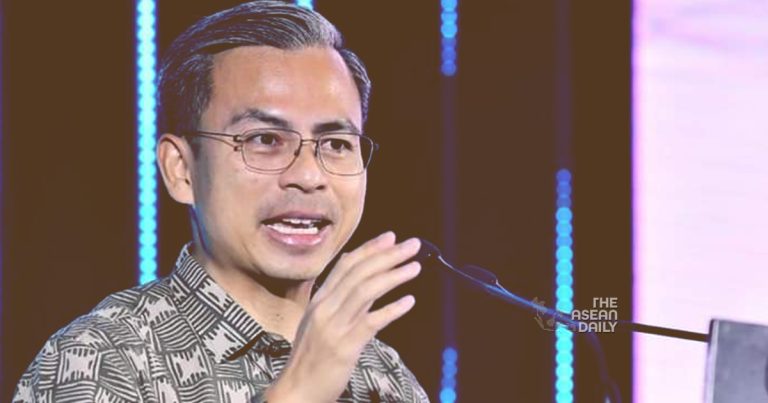4-12-2024 (KUALA LUMPUR) Malaysia has proposed substantial amendments to its internet regulations that would dramatically increase penalties and expand government control over digital communications.
The proposed changes to the Communications and Multimedia Act (CMA), introduced to Parliament by Communications Minister Fahmi Fadzil on 2 December, would see maximum fines surge from RM300,000 (S$90,700) to nearly RM1mil (S$302,000), whilst prison sentences could extend from three to ten years for certain violations.
Among the most contentious provisions is a significant expansion of powers granted to the Malaysian Communications and Multimedia Commission (MCMC). The regulatory body would gain enhanced authority to search and seize information from service providers without traditional safeguards, including protections for journalistic sources.
Dr Benjamin Loh of Taylor’s University described the amendments as “horrific,” warning they could herald “a return to a more oppressive state.” The media scholar expressed particular concern about the broad, ambiguous language used in defining offences, which he suggests could enable selective enforcement.
Civil society organisations have identified what they term a “backdoor attempt” to reintroduce fake news legislation through the expansion of Section 233. The provision would criminalise content deemed “confusing” or “incomplete,” potentially stifling public discourse on matters of significant public interest.
The reforms arrive amid a broader government initiative to regulate social media platforms operating in Malaysia. From 2025, platforms with more than eight million Malaysian users must obtain a class licence or face penalties.
Despite the government’s assertion that these measures aim to combat online harms such as gambling, scams, and cyberbullying, critics argue the changes represent a significant backward step for digital rights in Malaysia. Human rights organisations have called for the postponement of the bill’s second reading to allow for broader stakeholder consultation.
The Communications Minister has responded to mounting criticism by emphasising the government’s commitment to stakeholder engagement, though concerns persist about the fundamental implications for free expression in the digital age.
These developments mark a significant shift in Malaysia’s approach to internet governance, with potential ramifications for its 28.68 million social media users, who represent over 83 percent of the nation’s population.
The proposed legislation is scheduled for parliamentary debate next week, setting the stage for what promises to be a crucial discussion about the balance between regulatory oversight and digital freedoms in modern Malaysia.




